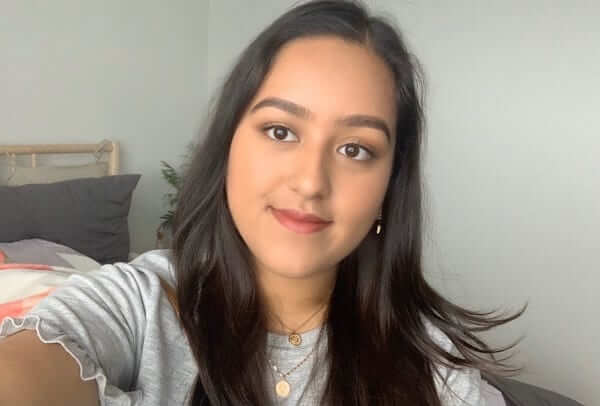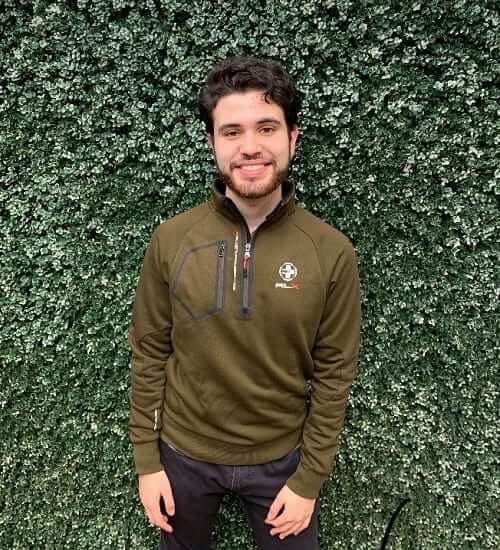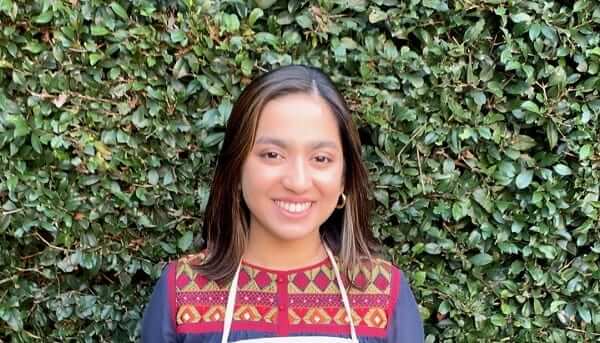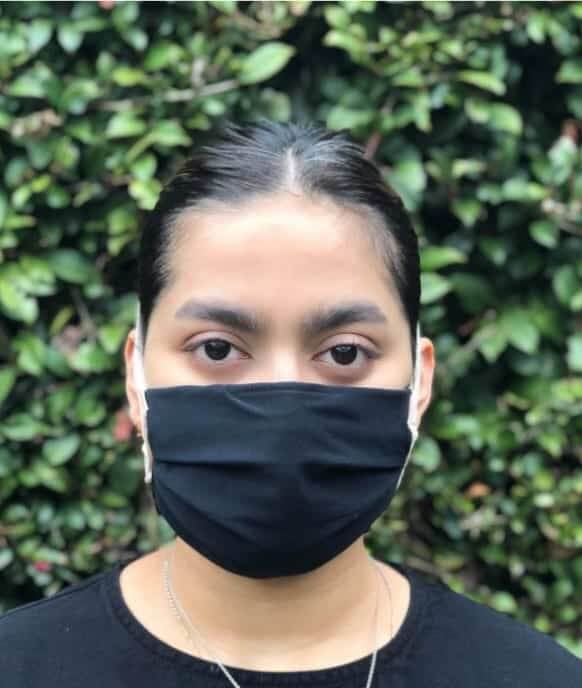Like it or not, masks are here to stay. If you wear a turban or a hijab though, that poses a problem: how do you loop them around your ears?
Three medical students from Melbourne have now got that covered.
Their innovative face mask design for people wearing religious or other headgear won first place in the Monash SEED Incubator Program. It saw the launch of their social enterprise Ekta.melbourne that has now taken off in the community.
When masks became mandatory to mitigate the risk of Coronavirus, healthcare students Ayesha Barmare, Monish Puri and Anika Yesmin realised that conventional masks were not designed to be all inclusive.
“We believe that everyone has the right to feel safe during the pandemic,” Monish Puri told Indian Link. “There was, however, a large gap in the market when it came to reusable masks for people who wear religious headgear, like turbaned Sikhs and hijab wearing women.”
To fulfil this overlooked need of culturally diverse communities, ‘Ekta masks’ were innovated.
The masks have longer ties that allow them to be secured on the back of the head and away from the ears
The design works wonderfully also for those wearing earrings and headphones.

“The inner and middle layer of our masks are made from organic cotton and the outer layer is recycled polyester. This ensures that they are environmentally friendly, sustainable and we can minimise our carbon footprint on planet earth,” described Anika Yesmin.
“By securing an initial amount of $1000 in pre-orders within the first week, we were able to pitch and win first place in the Monash SEED Incubator program,” said Monish.
The program is designed to empower students with initiative, drive and ideas to lead positive change. It aims to provide guidance to strengthen social entrepreneurship both as a skill set and a state of mind.
While on the SEED journey, the students realised that regular masks posed problems also for people wearing glasses or using hearing aids. They added seal flaps that trap the air within the mask itself reducing fog in glasses.
Social media, Instagram and word of mouth propelled Ekta’s cause.
“Reaching out to our target market has helped,” said Anika. “Winning the SEED program helped in promotion and we also won third place in the Monash Validator Program where we were pitched against 92 other start-ups. That provided great traction as well.”
Ekta is looking to team up with Caringbush Adult Education, an organisation that teaches English to asylum seekers, to make the masks.

READ ALSO: RMIT Indian Club supports Melb students with free groceries
“It will make a positive impact in the lives of these asylum seekers as they get to learn English as well as acquire job skills and make an income,” claimed Monish. “Many of our buyers appreciate that.”
One of their first clients, Gurmeet Singh agrees it makes a world of difference to have masks that do not need to be looped around the ears.
“They are easier to wear and remove around my turban and save time when I need to leave home to work, exercise or shop,” he told Indian Link. “The fact that they are eco-friendly – and provide gainful employment to disadvantaged communities – adds to the appeal.”
The Ekta mask project has utilised the disruption of market created by COVID-19 to create meaningful change. It aligns with Ekta’s overall vision to provide eco-friendly healthcare products and services while creating employment opportunities and skills to diverse communities of refugees and asylum seekers.
Its three like-minded student founders, all from South Asian backgrounds, belong to a generation committed to using entrepreneurship as a means to put purpose into socially driven projects.
“Growing up our parents would always emphasise the phrase Anekta mein ekta (unity in diversity) and this became our mission,” explained Monish.

Moving forward, the enterprising trio wish to make healthcare accessible to overlooked communities by designing a curriculum specifically for them.
“Often there is mistrust towards western medicine amongst certain communities that have been secluded or isolated and we want to bridge that gap and make health information easily and safely accessible to them. This is Ekta’s long term goal,” concluded Ayesha.
READ ALSO: 5-minute home kidney health test wins three uni awards






